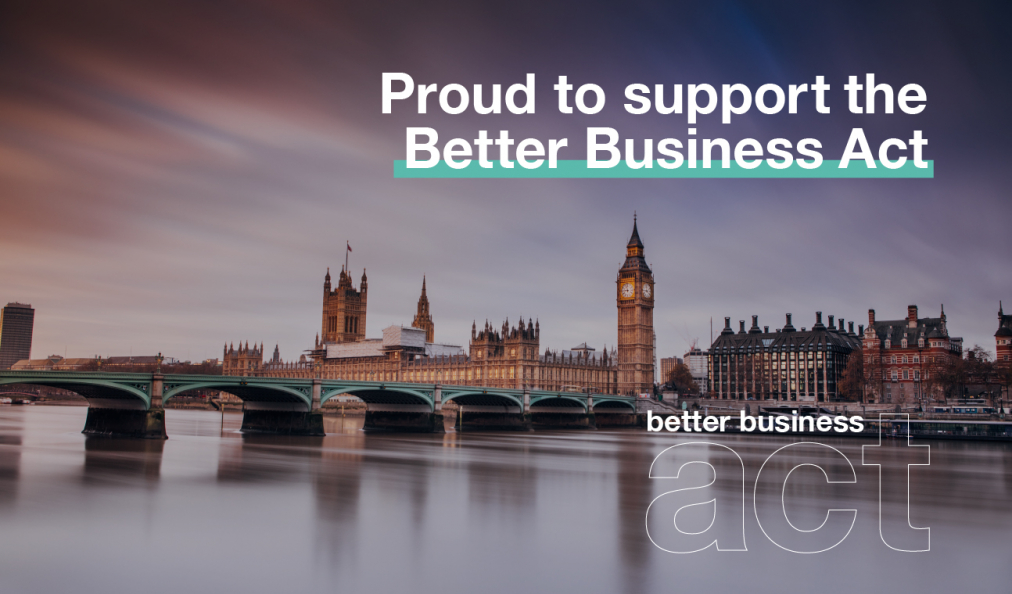Today’s Ceiling Must Be Tomorrow’s Floor

Similarly, Project Drawdown has curated an array of climate solutions for different sectors and is working with businesses committed to tackling climate change to encourage “faster, safer and more equitable climate action at unprecedented scale.”
A lesson from COVID-19 is that our capacity for bold change is greater than we thought.
More than 900 B Corps have committed to being net zero by 2030, twenty years ahead of target. And now the B Corp community has curated a set of tools to help any business be net zero by 2030.
Far too many businesses remain stuck in an extractive mindset.
What is different about the Better Business Act is that it ‘flips the default’. It takes the leadership of the 4,000 Certified B Corporations in the world and says their best-for-the-world approach to considering stakeholders has to become what all businesses do.
Every business should consider stakeholders in their decision-making and take ownership of their impacts.
